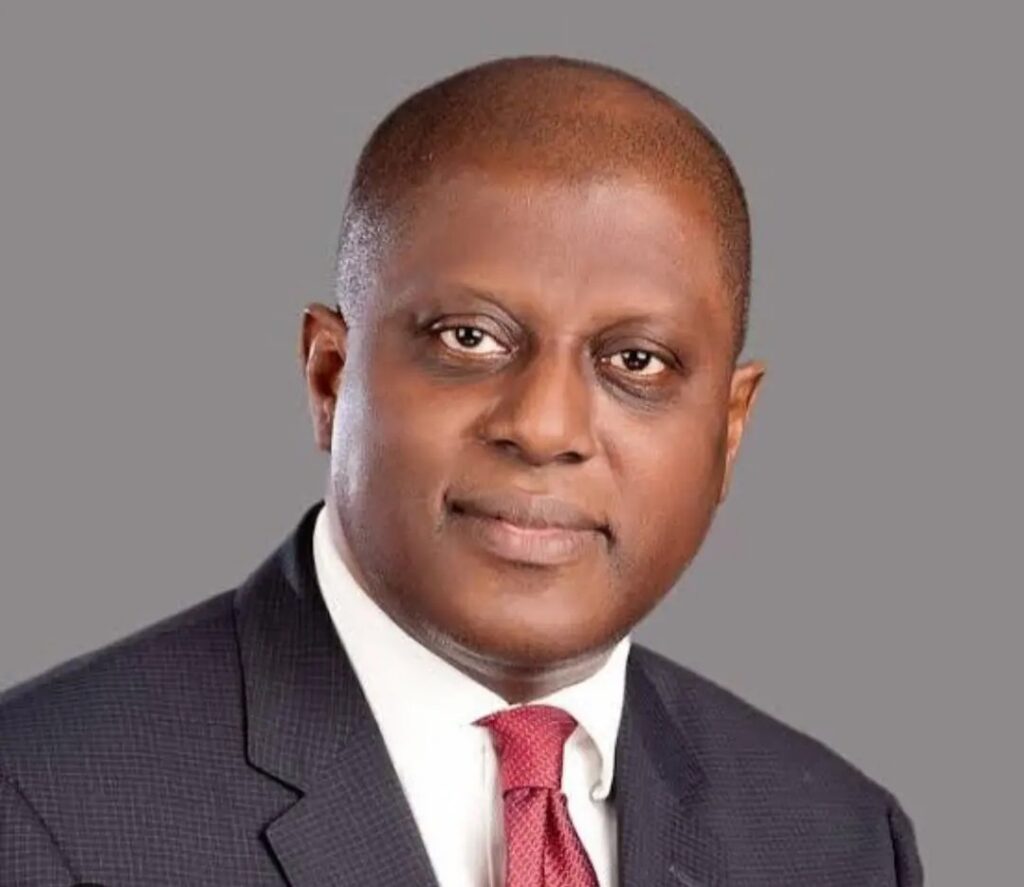The Governor of the Central Bank of Nigeria (CBN), Olayemi Cardoso, has emphasised the bank’s commitment to combating inflation and stabilizing the nation’s economy.
Speaking in Abuja at the Monetary Policy Forum 2025, which brought together fiscal authorities, legislative members, private sector representatives, development partners, experts, and scholars, Cardoso outlined the bank’s ongoing efforts to achieve economic stability.
Addressing the theme, ‘Managing the Disinflation Process,’ the CBN governor reiterated the importance of maintaining a forward-thinking, adaptive, and resilient monetary policy.
He stressed that the CBN’s disciplined approach to monetary policy continues, focusing on long-term economic stability.
READ ALSO: Reps to summon CBN’s Cardoso, bank CEOs over unverified POS operators
“Successfully managing disinflation amidst ongoing challenges requires not only strong policies but also collaboration between fiscal and monetary bodies to shape expectations and build investor confidence,” Cardoso said.
“Our primary focus remains on price stability, the transition to an inflation-targeting framework, and strategies to restore purchasing power while alleviating economic hardships.”

Cardoso highlighted that the CBN’s measures have led to notable achievements, including relative stability in the foreign exchange market, a reduction in exchange rate disparities, and an increase in external reserves, which surpassed $40 billion by December 2024.
The CBN governor also shared the bank’s commitment to bolstering the banking sector, including the introduction of new minimum capital requirements for banks, effective March 2026.
These measures are designed to enhance the resilience of the sector and position Nigeria’s banking industry for a $1 trillion economy.
READ ALSO: World Bank charges CBN on inflation-control measures
“As we transition from unorthodox to orthodox monetary policies, the CBN remains dedicated to restoring confidence, enhancing policy credibility, and staying true to its core mission of ensuring price stability,” Cardoso added.
He also announced the launch of the Nigeria Foreign Exchange Code, marking a significant step towards improving the integrity, fairness, transparency, and efficiency of the nation’s foreign exchange market.


